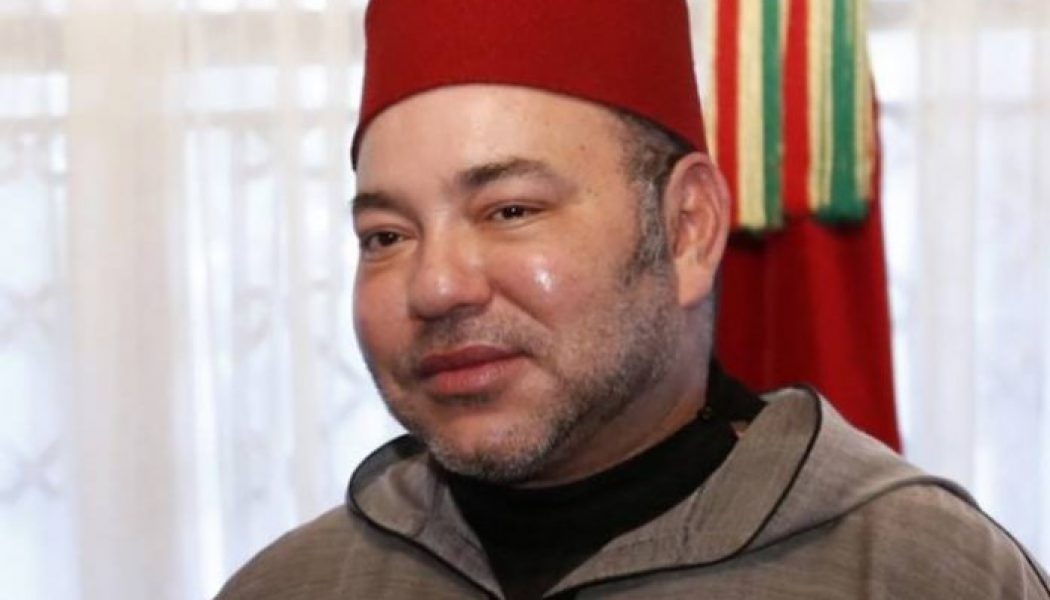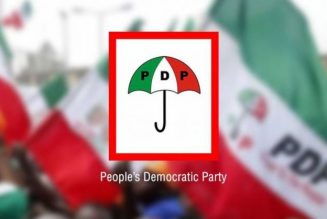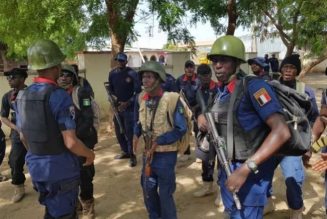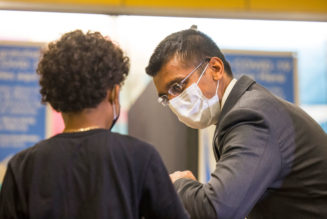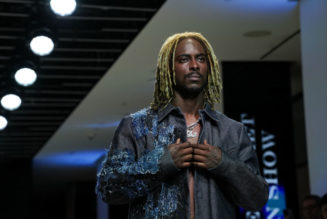
The fate of 39 Saharawi Political Prisoners in Moroccan jail have become the focus of a new regional campaign from African activists who are asking King Mohammed VI of Morocco to release the men for fear of their exposure to the coronavirus disease.
The Movement for the Liberation of Western Sahara, (NMLWS) issued a statement on Wednesday in Abuja through its Nigerian coordinator, Oladipo Fasina, a philosophy professor and noted advocate for academic freedom.
According to the statement, the Saharawi prisoners, held for seeking independence for Africa’s last colony, “are in grave danger of contracting the coronavirus as a result of their underlying health conditions resulting from extreme torture and hunger strike they have undergone as prisoners.”
Mr Fasina said, “this arbitrary detention is aimed at silencing the call for the right to self-determination for the people of Western Sahara” and, alluding to a New York Times report, remarked that Moroccan authorities have already disclosed that “68 prisoners in the Moroccan jail of Ouarzazate have tested positive for coronavirus.”
Morocco, with the support of France and Spain, has succeeded in holding on to the territory of Western Sahara illegally and is regularly criticised by the United Nations Human Rights Committee for committing “blatant violation of human rights through arbitrary imprisonment of Saharawis, beatings, intimidation, media blockade and the plunder of Western Sahara natural resources.”
Linking the current global campaign to defeat the Coronavirus pandemic, the group also called on the international community to join in the fight to defeat the last colonial outpost in Africa.
“Just like the whole world is presently uniting to defeat the Corona Virus pandemic, the world must also unite to defeat the last colonial outpost in Africa (Western Sahara),” Mr Fasina said.
According to the John Hopkins University Coronavirus Resources Centre, as of May 6, there are 5,219 confirmed cases of COVID-19 and 181 deaths in Morocco, while the BBC report dated April 29, reported about 313 coronavirus cases in Moroccan jails following mass testing for Covid-19.
Moroccan authorities say Ouarzazate prison in central Morocco recorded 303 positive coronavirus cases, while 10 other cases are in Oudaya prison in Marrakesh and Ksar Kebir prison in the north-west. They claimed to have isolated all positive cases and all warders have been issued with protective gear.
Mr Fasina said, “There are nearly 80,000 inmates in Moroccan prisons. In early April, more than 5,654 inmates were pardoned by the king to reduce the risk of spreading the virus in notoriously overcrowded prisons.”
Western Sahara is a non-self-governing territory on the northwest coast of Africa bordered by Morocco, Mauritania, and Algeria. After Spain withdrew from its former colony of Spanish Sahara in 1976, Morocco annexed the northern two-thirds of Western Sahara and claimed the rest of the territory in 1979, following Mauritania’s withdrawal.
A guerrilla war with the Polisario Front contesting Morocco’s sovereignty ended in a 1991 cease-fire and the establishment of a UN peacekeeping operation. As part of this effort, the UN sought to offer a choice to the peoples of Western Sahara between independence (favored by the Polisario Front) or integration into Morocco.
A proposed referendum on the question of independence never took place due to a lack of agreement on voter eligibility.
The approximately 1,600 km- (almost 1,000 mi-) long defensive sand berm, built by the Moroccans from 1980 to 1987 and running the length of the territory, continues to separate the opposing forces, with Morocco controlling roughly three-quarters of the territory west of the berm.
There are periodic ethnic tensions between the native Sahrawi population and Moroccan immigrants. Morocco maintains a heavy security presence in the territory. The UN revived direct talks about the territory between Morocco, the Polisario Front, Algeria, and Mauritania in December 2018.
